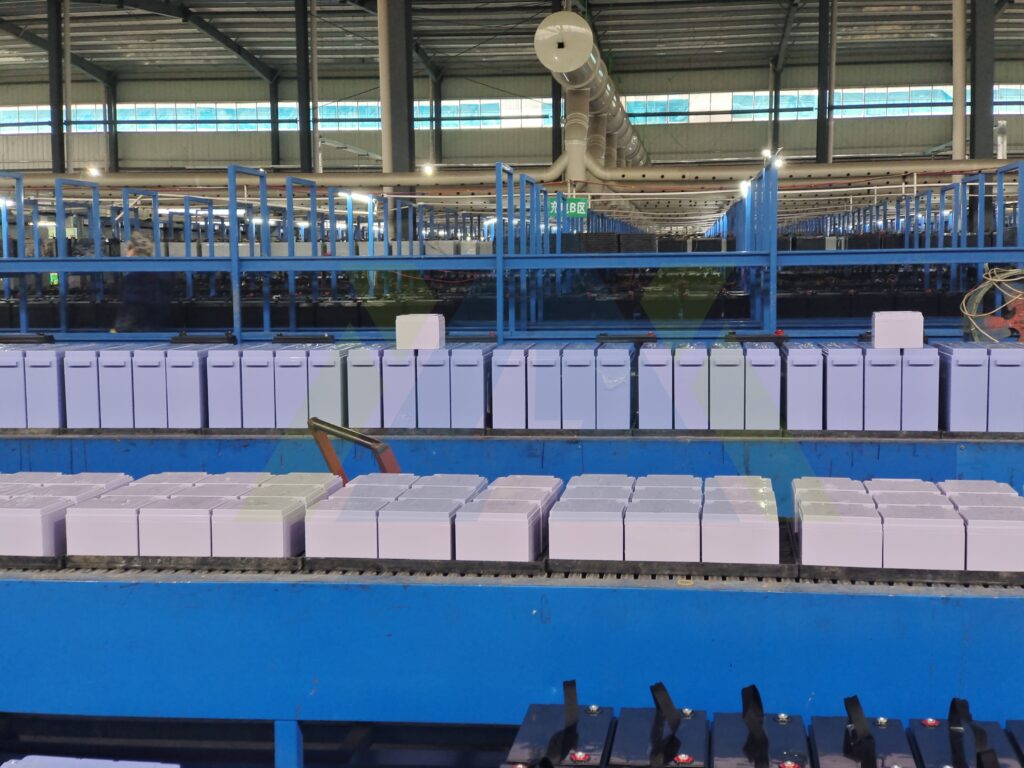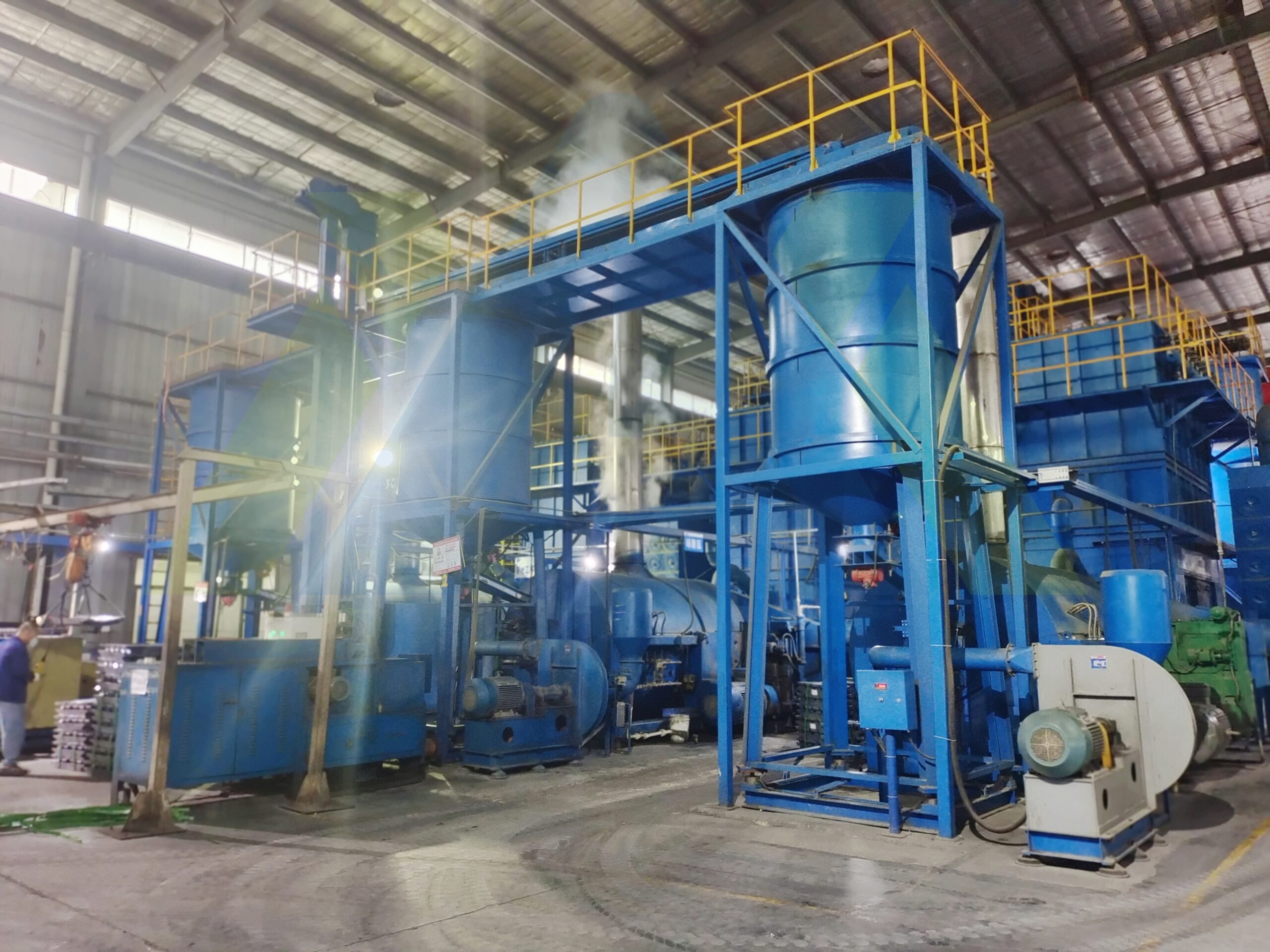For battery factories, consider the enormous scale, a giga-project translates into equally large challenges defined by the time frame, structure, and dimensions of such a factory.
It takes between two and six years from idea to start of production. Delays to this schedule have a massive financial impact, since not reaching the desired ramp-up curve for months or even a year incurs significant lost revenue and is a common occurrence. Asix-month delay in ramping up a gigafactory with 20 GWh annual capacity translates into a revenue loss of up to €2billion, and having a new factory only running at half its projected capacity for half a year will incur a €1billion loss in revenue.

Successfully running a battery plant does not only mean setting up the infrastructure and equipment. It is rather determined by interconnected challenges facing the three key building blocks of the cluster that are essential for success and make such atask even more challenging. Those three challenges deserve a closer look.
Materials challenge
First, raw materials such as lithium and other, new, and rare ingredients need to be procured and embedded into a logistics framework to meet desired quantities, locations, and deadlines. Getting battery cell chemistry right and constantly evolving it is a key component for success. All players in the equipment and manufacturing cluster must work together to master the materials challenge.
Manufacturing challenge
Manufacturers also need to manage procurement and installation of the equipment, including the skills challenge of hiring and qualifying a sufficiently large workforce. Once the equipment has arrived on site, they have to make sure that operations for set-up run smoothly, problems are quickly addressed, and overall equipment effectiveness (OEE) is refined along all process steps to ensure that output increases during ramp-up and that battery costs are reduced year by year.

System challenge
The third challenge revolves around innovating the value chain from cell to battery systems to meet application-specific client demands, like charging and energy density. That is particularly true for module and pack production, where specifications and configurations have to meet customer requirements. The delivery and logistics chains need to be managed well to ensure that finished products reach customers. Module and pack is one segment of the cluster where equipment manufacturers have already risen to the challenge and operate as general contractors offering turnkey solutions.
Equipment manufacturers face sizable challenges to grasp the opportunities the quickly rising battery market offers: they need to be very fast and demonstrate competence, be in control of necessary production capacities and have access to the financial resources to handle whiplash growth, as well as demonstrate regional proximity to their cluster partners.
Final
While the journey of establishing and operating a battery factory is undoubtedly fraught with challenges, it is imperative to recognize that seasoned players in the industry, such as MK Energy, have adeptly navigated these obstacles to emerge as leaders in the field.
Having honed its operations over years of dedicated commitment to quality and efficiency, MK Energy boasts a robust supply chain, state-of-the-art manufacturing processes, and meticulously designed systems that ensure seamless production and delivery of high-quality batteries. If you are interested in our products, please contact us.

